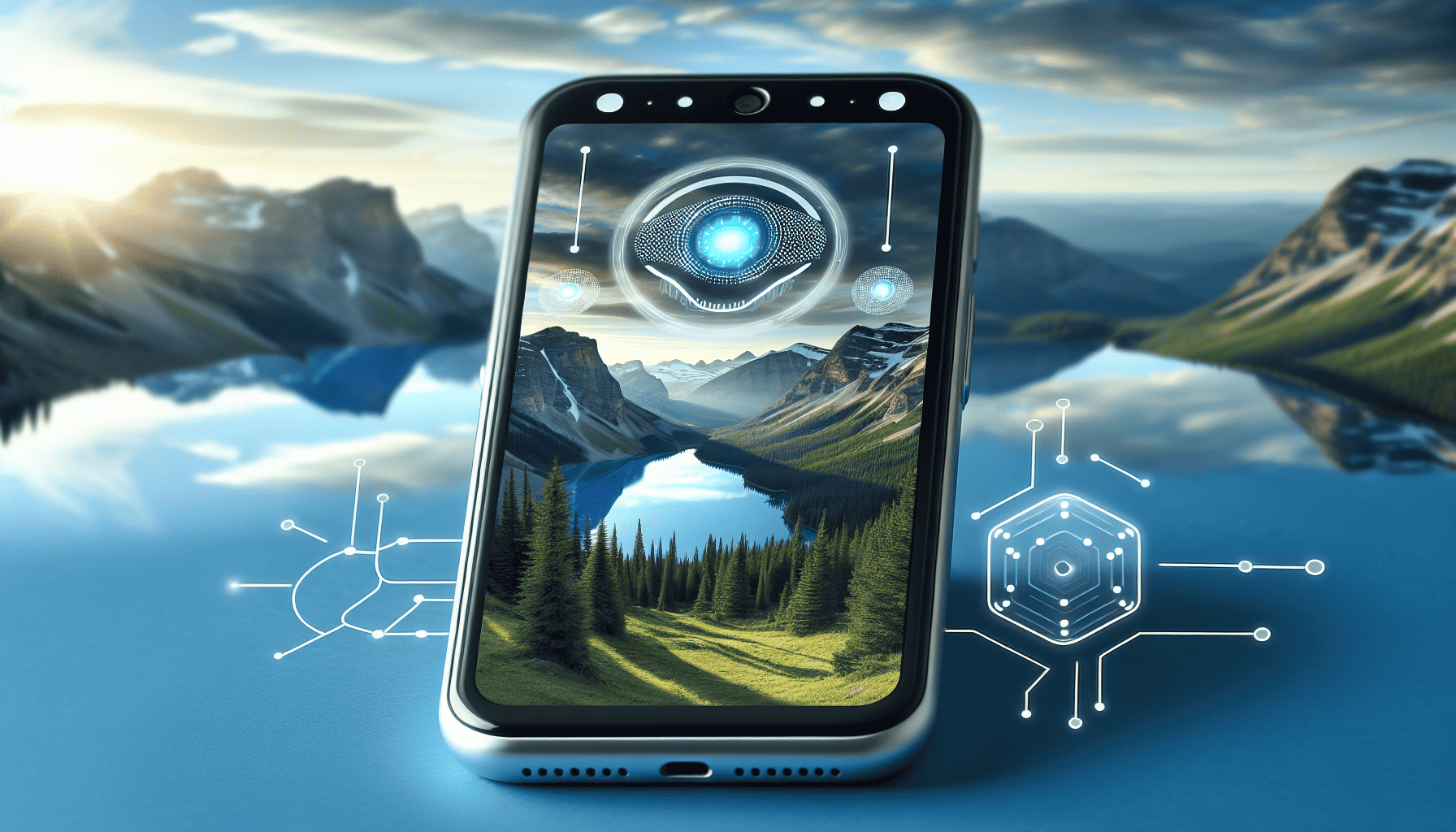In the age of digital innovation, the integration of artificial intelligence (AI) into everyday technology continues to transform the way we experience the world. One of the most striking advancements can be found in the realm of photography. AI-powered cameras are revolutionizing the way we capture moments, offering a suite of intelligent features that make it easier than ever to produce perfect shots every time.
At the core of AI-powered cameras is the ability to analyze and adjust settings in real time. Unlike traditional cameras that require users to manually tweak settings such as exposure, focus, and white balance, AI cameras automatically optimize these factors based on the scene. This enables even novice photographers to take professional-quality photos without the steep learning curve.
One of the standout features of AI-powered cameras is scene recognition. These cameras are equipped with algorithms that can identify the type of scene being photographed—be it a landscape, a portrait, or a low-light environment. Once the scene is recognized, the camera adjusts its settings to suit the specific conditions, ensuring that the final image is as visually appealing as possible. For example, in a portrait mode, the camera might enhance facial features and apply a natural-looking blur to the background, mimicking the effect of a high-end lens.
Advanced facial and object recognition capabilities also play a crucial role in enhancing the photography experience. AI-powered cameras can detect multiple faces within a frame and ensure that each one is in focus and well-lit. Additionally, these cameras can identify and track moving objects, making it easier to capture crisp and clear images of subjects in motion. This is particularly useful in activities such as sports photography and wildlife observation, where the action is fast-paced and unpredictable.
Another significant benefit of AI in photography is the ability to improve post-processing. AI algorithms can automatically enhance photos by adjusting color balance, sharpness, and contrast. Some cameras even offer features like automatic red-eye removal and noise reduction, saving time and effort in photo editing software. These intelligent edits help to produce polished and professional-looking images straight out of the camera.
AI-powered cameras also excel in low-light conditions—a traditional challenge in photography. By using machine learning, these cameras can reduce noise and enhance detail in low-light scenarios without the need for a flash. This results in clearer, more vibrant photos that accurately capture the mood and atmosphere of the scene.
Moreover, the integration of AI into smartphone cameras has made high-quality photography accessible to a broader audience. Many modern smartphones come equipped with AI features that rival those found in dedicated cameras. This democratization of advanced photography tools allows more people to document their lives in stunning detail, regardless of their level of expertise.
The advancements in AI-powered cameras are not just confined to still photography. They also extend to video recording. AI can stabilize shaky footage, track subjects for smoother focus transitions, and even suggest the best framing for a shot. These features enable users to capture cinematic-quality videos without the need for extensive equipment or professional training.
In conclusion, AI-powered cameras are a groundbreaking development in the world of photography. By leveraging intelligent features such as scene recognition, facial and object detection, and advanced post-processing capabilities, these cameras allow users to effortlessly capture perfect moments. Whether you are a seasoned photographer or a casual snapshooter, AI-powered cameras promise to enhance your photography experience and help you create stunning images and videos that truly reflect the essence of every moment.
